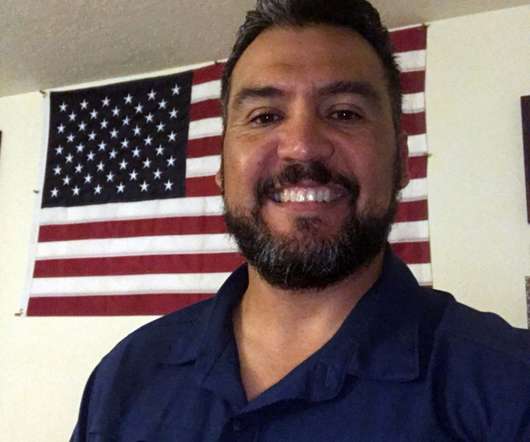Who Should Bear the Cost of Data Interoperability in K-12 Education?
Edsurge
JULY 2, 2019
And it’s scenarios like this that put pressure on edtech companies to make their tools more interoperable. The company agreed—and made it happen. So in 2018, when Empower was pressured by a large district customer to support a different open data standard— IMS Global’s OneRoster—the company was reluctant.
























Let's personalize your content